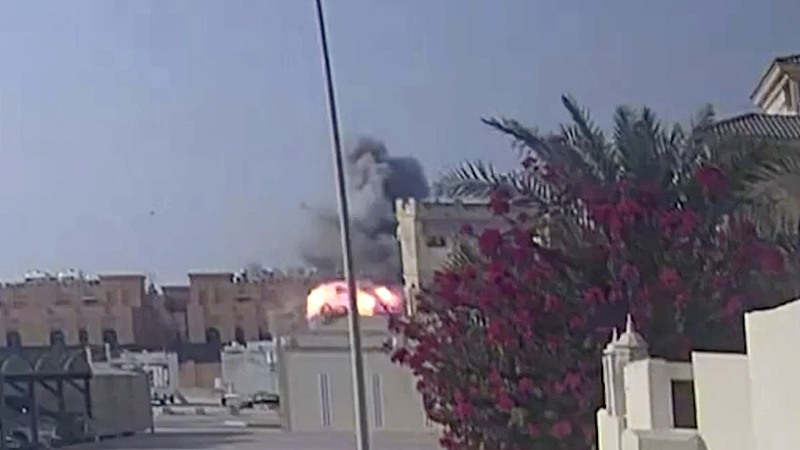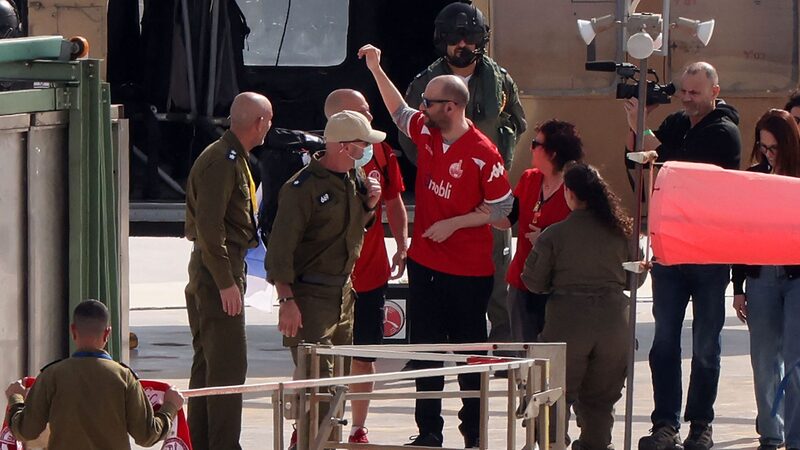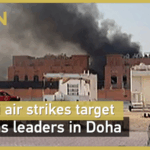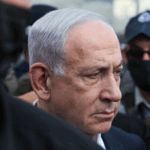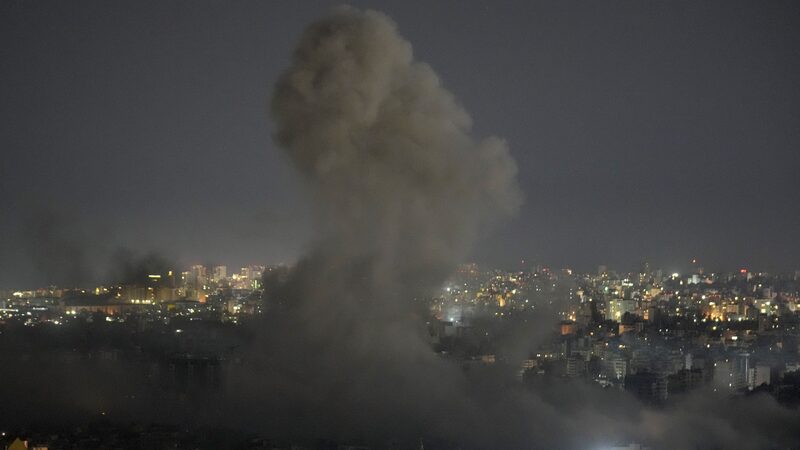In a dramatic escalation of regional tensions, Israel launched its first-ever airstrike on Qatar's capital Tuesday, targeting a building housing senior Hamas officials. The attack unfolded during sensitive ceasefire negotiations mediated by Qatar, immediately drawing global condemnation and raising critical questions about the future of Middle East diplomacy.
Immediate Fallout
The strike in Doha's diplomatic quarter killed a Qatari security officer and several Hamas associates, according to authorities. UN Secretary-General António Guterres condemned the "flagrant violation" of sovereignty, while regional powers including Egypt and Saudi Arabia warned of destabilizing consequences. Analysts like Hamad Bin Khalifa University's Steven Wright called the move "reckless," suggesting it undermines international peace efforts.
Strategic Calculations
Experts suggest Israel aimed to weaken Hamas' leadership during ceasefire talks. Qatar University's Kheir Diabat noted the strike appeared designed to "pave the way for a Palestinian side more willing to accept Israeli conditions." Tel Aviv University's Eyal Zisser added it fulfills Israel's vow to pursue Hamas leaders globally following the October 2023 attacks.
Qatar's Precarious Position
The attack places unprecedented pressure on Qatar's mediation role. While Foreign Minister Sheikh Mohammed bin Abdulrahman Al Thani vowed continued diplomatic efforts, analysts warn the strike complicates Doha's ability to host sensitive talks. Palestinian analyst Hussam Al-Dajani suggests Qatar might leverage international outrage to push for UN Security Council resolutions demanding Israeli withdrawal from Gaza.
As global leaders call for restraint, the incident highlights growing regional volatility and challenges facing multilateral conflict resolution mechanisms.
Reference(s):
cgtn.com
